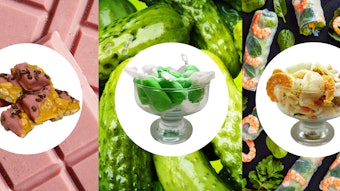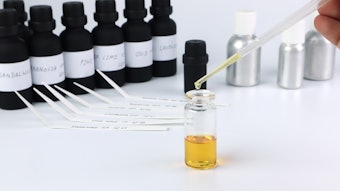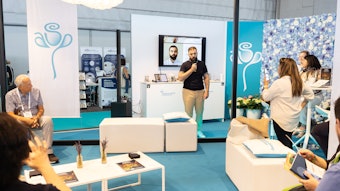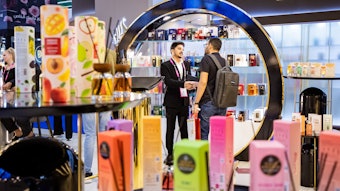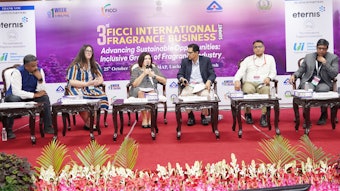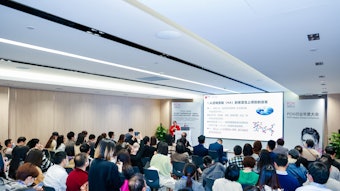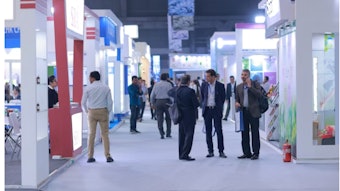For the extended interview with Liu and other IFEAT speakers, look for the October issue of P&Fmagazine. Next week, P&F will feature more IFEAT insights on natural materials from Sri Lanka.
All the major flavor and fragrance houses are operating here,” says Shao Quan Liu of the Food Science and Technology Program of the National University of Singapore’s Department of Chemistry. Liu, who will speak as part of the International Federation of Essential Oils and Aroma Trades in Singapore, notes that Singapore’s well-educated population, proximity to many crucial Asian economies and government investments in biomedical-life science areas have made it a hot spot for innovation.
Liu notes that the challenges associated with traditional aroma chemical production via plant material extraction include the use of solvents and relatively low yields at the end of the process. For example, he says, yields of 2-phenyl ethanol from the extraction of rose flowers are quite small, while the cost is high. (Liu is quick to note that biotech production of aroma chemicals is higher-yield only in comparison to natural extraction; chemical production processes, he says, are generally more yield-efficient than biotech.)
“Companies need to grow a large amount [of plants] on a large land area, which brings up the issue of competition with [food] agriculture,” he adds. In this context, Liu notes, biotechnology solutions offer milder conditions, do not require a large land area and generally don’t compete with agricultural land. These operations require equipment such as fermentation tanks, similar to those used in breweries, “so the barrier is not that high.”

